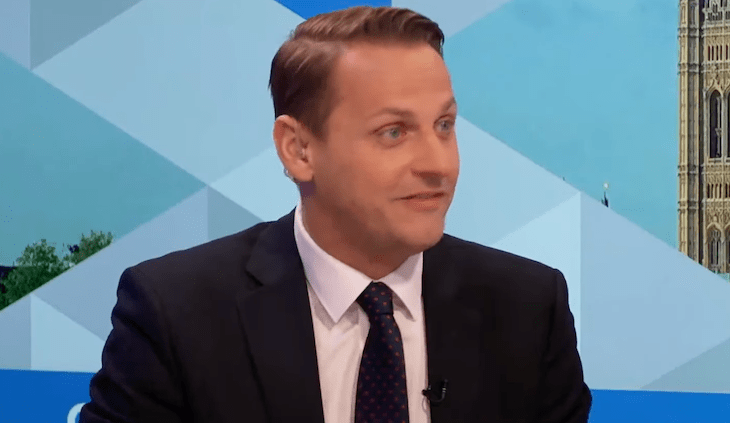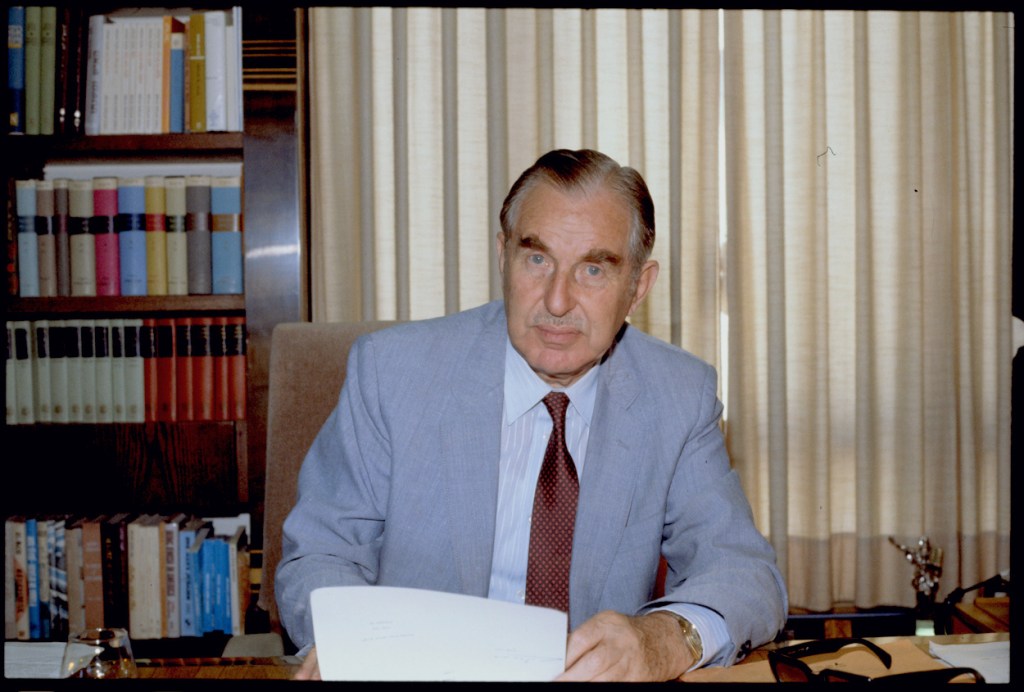“I’ll never insult or belittle someone who votes Reform,” Mike Tapp, the Labour MP for Dover and Deal, tells me. “We need to deliver.” It’s a message Labour is increasingly keen to project – but Tapp sound like he really means it.
Where others Labour MPs prevaricate on immigration, Tapp supports “return hubs” (for failed asylum seekers). He finds merit in Denmark’s deportation model, arguably the most hardline in Europe. It includes the confiscation of asylum seeker’s cash or jewellery over a value of 10,000 Danish Kroner (around £1,100) to pay for their stay in the country. Tapp doesn’t want to leave the ECHR (European Convention on Human Rights), but he does acknowledge public impatience with Britain’s immigration policies. “It takes time,” he says. “But Rwanda isn’t the answer.”
The Conservatives, Tapp says, “barely came up” on the doorstep
Only time will tell whether his plain-speaking approach will work. At the 2024 election, he beat his Reform rival by over 7,000 votes. But under Nigel Farage’s leadership, Reform is surging in the polls. The party won every council seat in the district in the last local elections and now controls Kent County Council. Tapp believes that delivering for voters over the next five years will turn the polls around in time for the contest between Labour and Reform at the 2029 general election. The Conservatives, Tapp says, “barely came up” on the doorstep.
Tapp’s background plays is part of his appeal. He grew up in Hertfordshire in a self-described “family of service”: his mother was a care worker, his father a police officer. He left university early to enlist in the intelligence corps. He did stints as a window cleaner and barman along the way, jobs he doesn’t brag about, but which matter to him.
He speaks with a clipped, Estuary inflection and dresses well but unshowily. He drives a Mitsubishi Shogun, has two large dogs, and likes roast dinners and curry. It’s an image of normality that you can imagine works well on the doorstep.
Tapp’s discomfort with the theatricality of politics is apparent. Like his party leader, who once told colleagues there is “no such thing as Starmerism,” Tapp rejects political abstraction. His views are rooted in the “interests of working people”: better jobs, better public services, and a suspicion of anything that sounds like posturing.
“You’ve got to be the best to do the job,” he says when asked about diversity initiatives, advocating opportunity over quotas.
He joined Labour in his early twenties while still in the army. In 2020, during a sabbatical, he launched a petition for free school meals. His first attempts at electoral politics were lonely and involved two failed attempts to be elected as a councillor. “Useful experience,” he says.
Tapp’s military background puts him in rare company on the Labour benches – alongside new MPs like Fred Thomas and Calvin Bailey – but it also makes him superficially resemble a certain kind of Tory. Tapp rejects the comparison. His values, he insists, are Labour’s.
Yet it’s hard to ignore the distance between Tapp and parts of his own party. His style is small-c conservative: grounded, cautious, focused on outcomes. There’s no longing for the old days of clause IV or public ownership, but also no great faith in markets or managerialism. Just a belief that politics should help people live better, more secure lives.
Still, whether Labour’s leadership will mirror his instincts on tackling Reform is another question; particularly as the soft left of the party successfully extracts concessions on fiscal policy. Tapp sees Farage as a “trickster” who shouldn’t be underestimated. But while his approach is firm, it falls short of the harder-edged policies some voters are looking for. His hesitancy to contemplate leaving the ECHR may prove a sticking point, particularly if Reform keeps growing.
Asked whether his party is doing enough to confront the rise of Reform, Tapp demurs. He believes the electorate will ultimately reject what he calls “extreme politics,” and has faith that Labour can win them back. His optimism is striking, perhaps even naïve, at a time when much of Europe is heading the other way. But for Tapp, that faith in the public’s good sense is part of what makes him patriotic.
When asked what makes him proud to be British, he starts with the expected answers – NHS, police, foreign policy – before shifting into a more animated vision: a street party with Sikhs, Muslims, Jamaicans serving jerk chicken and Brits wielding Victoria sponges. The imagery might strike some as cloying. But Tapp’s conviction carries it. That, ultimately, is his political skill: to make earnestness persuasive.
Whether it will be enough to shift the mood inside Labour, or hold off Reform in places like Dover, is unclear. But, for now, Tapp stands out: not just for what he says, but for how plainly he says it.








Comments